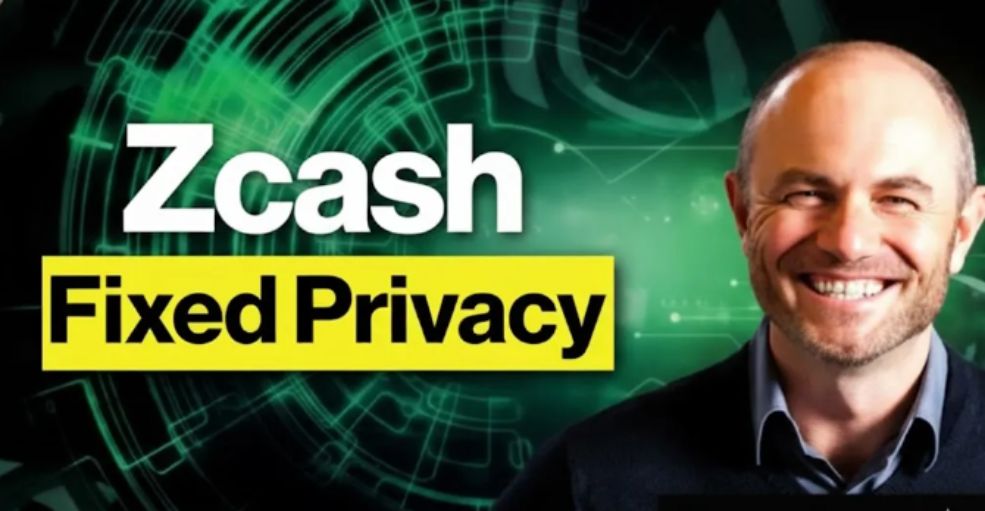Trump's Attempted Removal of Fed Governor Lisa Cook: A Threat to Market Stability and Central Bank Independence
- Trump's 2025 attempt to remove Fed Governor Lisa Cook threatens central bank independence, risking U.S. economic governance credibility. - Market reactions included 12% gold surge and Bitcoin's 10% rebound post-Jackson Hole, highlighting crypto's role as inflation hedge. - Investors now prioritize diversification into gold, TIPS, and 5-10% crypto allocations to mitigate politicized monetary policy risks. - Legal battle over Cook's removal could set dangerous precedent, enabling partisan manipulation of m
The attempted removal of Lisa Cook, the first Black woman to serve on the Federal Reserve Board of Governors, by former President Donald Trump in August 2025, marks a pivotal moment in the history of U.S. monetary policy. This act, framed as a legal challenge to her tenure, is not merely a political maneuver but a direct assault on the foundational principle of central bank independence. The implications for market stability, investor confidence, and the global perception of U.S. economic governance are profound.
The Erosion of Institutional Trust
The Federal Reserve's independence has long been a cornerstone of its credibility. By design, the Fed is meant to insulate monetary policy from short-term political pressures, ensuring decisions are driven by economic data rather than electoral cycles. Trump's allegations of mortgage fraud against Cook—based on a referral from William Pulte of the Federal Housing Finance Agency—ignore the legal and procedural norms that safeguard this independence. The lack of criminal charges or judicial review prior to the attempted removal raises urgent questions about the rule of law and the potential for executive overreach.
Historical precedents underscore the risks of politicizing central banks. In Turkey, President Recep Tayyip Erdogan's “Erdoganomics” led to a currency collapse and inflation exceeding 85%. In Argentina, repeated government interventions in the central bank have perpetuated hyperinflation and economic instability. These cases demonstrate that when central banks lose autonomy, markets lose trust, and capital flees to safer jurisdictions.
Market Reactions and Investor Behavior
The immediate market response to Trump's actions was a flight to safety. Gold prices surged 12% in 2024 as investors sought refuge from currency depreciation and policy uncertainty. Similarly, cryptocurrencies like Bitcoin emerged as unconventional hedges, with Bitcoin's price correlation to high-yield corporate bonds rising to 0.49 by 2025, while its inverse relationship with the U.S. dollar (-0.29) made it a strategic asset for diversification.
The Fed's 2025 Jackson Hole symposium, which signaled a dovish pivot, triggered a 10% rebound in Bitcoin and a 1.3% rise in the S&P 500. This highlights how cryptocurrencies are increasingly viewed as forward-looking indicators of monetary policy, particularly in environments of heightened political risk.
Strategic Implications for Asset Allocation
In a politicized monetary policy environment, investors must recalibrate their portfolios to mitigate risks. Key strategies include:
Diversification into Safe-Haven Assets: Gold and U.S. Treasury bonds remain critical for hedging against currency depreciation and inflation. Extending duration in fixed income through long-dated Treasuries and inflation-protected securities (TIPS) can provide stability in a low-yield world.
Strategic Exposure to Cryptocurrencies: Allocating 5–10% to Bitcoin and Ethereum offers a hedge against capital outflows and dollar depreciation. Regulatory developments, such as the SEC's 2025 approval of in-kind creation/redemption for crypto ETPs, have enhanced market efficiency, making crypto a viable component of diversified portfolios.
Global Equity and Real Asset Allocation: Diversifying across global equities and real assets (e.g., infrastructure, commodities) reduces reliance on U.S.-centric markets. Emerging markets, while volatile, may offer growth opportunities in regions with more stable monetary frameworks.
Monitoring Policy Signals: Investors must closely track central bank communications, political developments, and inflation data. The Fed's credibility is a key determinant of long-term economic stability, and its erosion could trigger prolonged volatility.
The Broader Stakes
The legal battle over Cook's removal is not just a test of presidential authority but a referendum on the future of U.S. economic governance. If the Supreme Court rules in favor of Trump, it could set a dangerous precedent, enabling future administrations to manipulate monetary policy for partisan gain. This would undermine the Fed's ability to combat inflation and recession, eroding the U.S. dollar's role as the global reserve currency.
Conclusion
The attempted removal of Lisa Cook is a stark reminder of the fragility of institutional independence in the face of political ambition. For investors, the lesson is clear: in an era of politicized monetary policy, adaptability and diversification are paramount. By hedging against uncertainty through alternative assets and maintaining a global perspective, investors can navigate the turbulence ahead. The long-term health of the U.S. economy—and the trust of global markets—depends on preserving the Fed's autonomy. Failure to do so risks not only financial instability but the erosion of America's economic leadership on the world stage.
Disclaimer: The content of this article solely reflects the author's opinion and does not represent the platform in any capacity. This article is not intended to serve as a reference for making investment decisions.
You may also like
Macroeconomic Interpretation: Powell's "Driving in the Fog" and the Financial "Hunger Games"
The article discusses the uncertainty in the global economy under the Federal Reserve's policies, particularly Powell's "hawkish rate cuts" and their impact on the market. It analyzes market distortions driven by liquidity, the capital expenditure risks of the AI investment boom, and the loss of trust caused by policy centralization. Finally, the article provides updates on macroeconomic indicators and market trends. Summary generated by Mars AI. This summary is generated by the Mars AI model, and the accuracy and completeness of its content are still in the process of iterative improvement.

Ethereum : JPMorgan signs a strategic $102M investment

Meta reportedly earned about $16 billion in 2024 from a massive amount of scam ads
